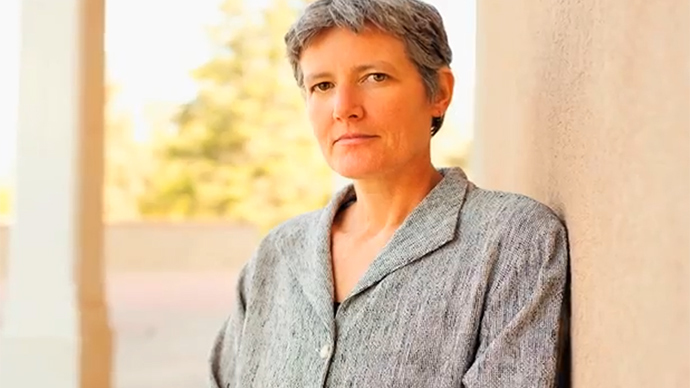New Mexico judge rules assisted suicide a 'fundamental right'

New Mexico is set to become the fifth US state where doctors are allowed to aid the death of terminally ill patients after a landmark court ruling.
“This court cannot envision a right more fundamental, more
private or more integral to the liberty, safety and happiness of
a New Mexican than the right of a competent, terminally ill
patient to choose aid in dying,” Judge Nan G. Nash of the
Second District Court in Albuquerque wrote in her ruling.
"If decisions made in the shadow of one's imminent death
regarding how they and their loved ones will face that death are
not fundamental and at the core of these constitutional
guarantees, than what decisions are?"
The decision came after a two-day hearing of a case brought by
two doctors on behalf of Aja Riggs, a 49-year-old uterine cancer
patient, who is currently in remission, but wants a lethal
injection if her condition worsens.
“I don’t want to suffer needlessly at the end,” Riggs
told the court during one of the sessions.
As of now, assisting a suicide within state borders is a
fourth-degree felony, and could lead to 18 months in jail and a
fine of up to $5,000, according to a law passed in 1963.

The plaintiffs, supported by nationwide advocacy groups, argued
that the law did not apply to medical conditions.
The judge rejected the argument, but agreed that the ability to
end one’s life as desired was a “fundamental right.”
It is not clear if the ruling will apply statewide, or just to
the district where it was announced, and New Mexico’s state
attorney’s office is considering appealing the judge’s decision.
If New Mexico does allow doctor-assisted suicide, it will follow
the trail pioneered by Oregon in 1997, and since followed by
Washington, Vermont and Montana.
Despite fears that the assisted suicide law would be used
ubiquitously and indiscriminately, facts do not appear to bear
this out.
Statistics from 2012, the latest available from Oregon, show that
only 77 people chose physician assisted death, or 0.2 percent of
the total. All but two of them had been in a hospice when they
had made the decision.














